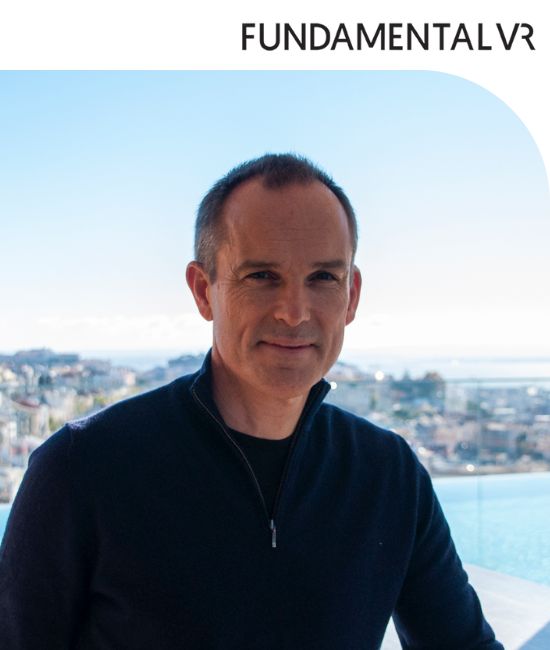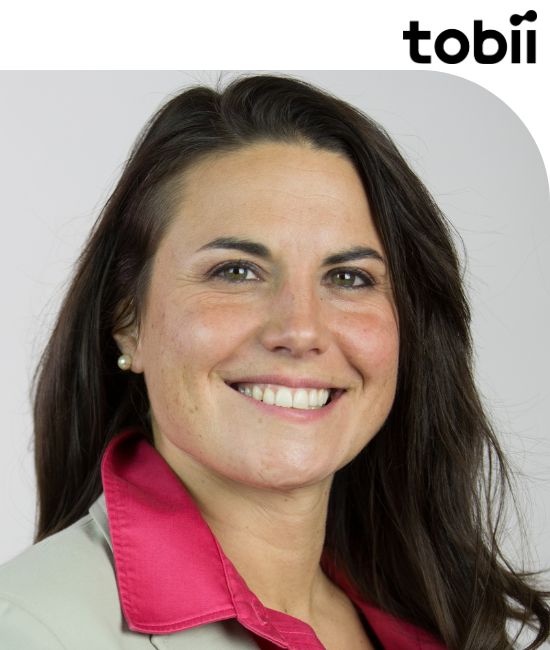02:25 PM - 02:50 PM
Description
In large healthcare systems and academic institutions, there are often different departments utilizing similar VR, AR, and/or XR technology to perform specialized functions. As ideas, research, and use cases grow, the number of projects utilizing similar technology increases. This can lead to an array of hardware and software along with inconsistent deployments and support. This presentation will discuss the benefits of coordinating resources and stakeholders to identify systemic barriers and share solutions.
Speakers

Related Sessions
11:00 AM - 11:55 AM
Description
AR, VR, and mixed reality (MR) are already having a positive impact on the next generation of healthcare, including mental health. While some applications focus on education or training, others are helping patients directly, bringing comfort to the healing process. Every day, creators and companies are building real-time 3D projects that push the boundaries of the real world into the virtual and develop applications with the potential to change lives for the better.
Unity’s Vice President of Social Impact, Jessica Lindl will interview three creators about how their work is making a positive impact on individuals and patients dealing with challenging issues. Specifically, hear from:
Lindsay Watson Co-founder of Augment Therapy, an AR experience that turns children’s physical therapy into a game. Augment Therapy makes physical therapy software that is both fun for kids and effective for clinicians. The AR experience is designed to help children in hospitals, often those with cancer and intense pain, get out of bed to conduct physical therapy and ultimately become well enough to go home. https://augmenttherapy.com/
Dr. Joanneke Weerdmeester, a behavioral scientist working with Explore Deep, the company behind DEEP - a meditative VR experience controlled by breathing. DEEP has been created as an intervention tool for people with anxiety and research is now being expanded to explore how DEEP can support people with trauma, PTSD, functional disorders, long COVID, and youth in forensic care.
Carrie Shaw, MS, is a medical illustrator, public health educator, and CEO & Founder of Embodied Labs, an immersive caregiver training platform for students, healthcare workforce and informal caregivers who are caring for the aging population. Carrie's mission is to accelerate global behavior change for healthier aging at scale by positively impacting the health of self and others through immersive learning experiences. https://www.embodiedlabs.com/
Speakers




12:00 PM - 12:25 PM
Description
Clinical training has advanced over the years, and now with the adoption of technology we are able to accelerate human capability via precision simulation using virtual reality (VR) and as a result, advance pre-human competence in surgery and additional clinical environments to improve patient outcomes.
This session will discuss the value of VR and haptic technology environments and experiences that allow for skills development and transfer, allowing users to physically interact with a virtual patient.
Haptic technology enables users to develop the knowledge of how it feels to perform a procedure correctly or incorrectly – helping to build muscle memory that is particularly important in advanced and precise surgical environments.
The session will cover the growing body of scientific evidence which demonstrates the value of VR vs. Traditional Training across various specialties. Moreover, how the value of Haptic feedback has been proven in multiple studies across various disciplines.
Speakers

12:30 PM - 12:55 PM
Description
Since 1995, Intuitive has advanced minimally invasive care through advanced robotic systems, end-to-end learning, and value-added services. As one of the pioneers of robotic-assisted surgery, our da Vinci surgical system is used today by surgeons to deliver a less invasive approach to many types of surgery. Through more than 10 million surgeries, Intuitive has become a leader in surgical robotics, increasing the adoption of minimally invasive surgery. XR has been a core technology for Intuitive from the beginning and is continuously innovating to further enhance minimally invasive care. Surgical robotics means more than technology in an OR. Education and training for surgeons and staff are critical for delivering quality surgical care.
This talk will discuss Intuitive augmented reality and virtual reality products that helped customers in 69 countries provide minimally invasive care, improve patient outcomes by extending and improving surgical skills, enhance skill development, and an intuitive experience through a human-centered approach.
Speakers

01:55 PM - 02:20 PM
Description
Are you staying ahead of the curve on the immense potential of VR and Eye Tracking? Join us for a presentation to explore the latest trends and success stories of how these cutting-edge technologies have transformed various industries. Discover how VR and eye tracking are revolutionizing areas such as brain health assessments and therapy, vision care, aviation training, and more with real-world examples and practical applications that deliver accurate and efficient solutions.
Speakers


03:35 PM - 04:00 PM
Description
Dr. Paul Chapman demonstrates our novel XR patient leaflets for cleft lip, allowing parents to better understand and visualise their child's surgery. This is a collaboration between the Canniesburn Plastic Surgery Unit, School of Simulation and Visualisation (SimVis), Glasgow Children's Hospital Charity, Cleft Care Scotland and West of Scotland Innovation Hub. The work is published in January’s issue of The Cleft Palate Craniofacial Journal.
In addition, we demonstrate XR technology for working with complex pharmaceutical equipment by creating a digital twin of a typical laboratory.
Speakers
